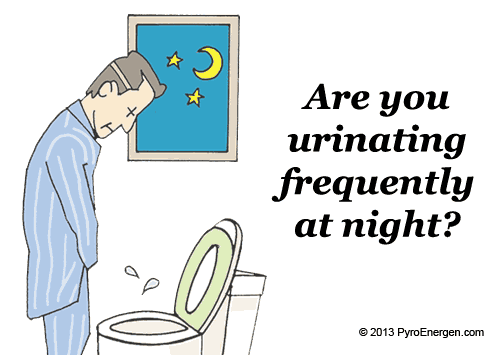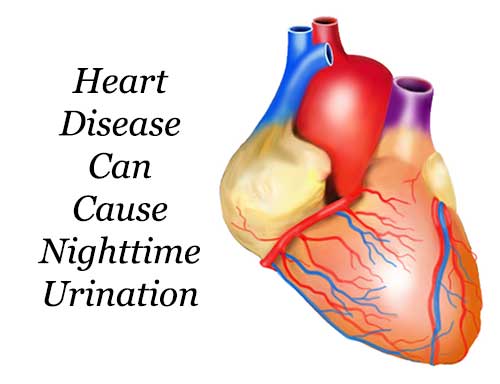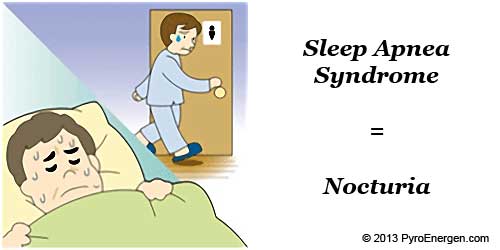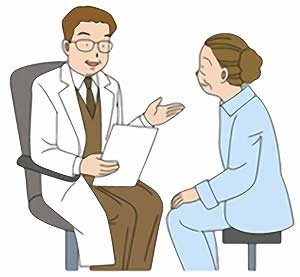






Whatsapp Group+91 98450 81888
HOME REMEDY IN INDIA
MANGALORE.INDIA
Hands that serve are Holier than Lips that Pray
The purple sweet potato:
The purple sweet potato, the latest food item presented to the general public as
a potential superfood. The potato's coloring contained the chemical anthocyanin,
which is known to lower the risk of cancer and could even possibly slow down
certain types of the disease. The color is the important part because the
purple color is responsible for the amount of anthocyanin in the potato.
Scientists have already used two strands of anthocyanin to treat colon
cancer and found that the pigment slowed down the growth of cancerous cells.
Anthocyanin, which produces red, blue or purple colours in different types of food,
can also be found in blueberries, red grapes and red cabbage, however the
specially grown purple sweet potato has a higher concentration of the chemical
than any other species of potato. Dr Weiqun Wang, who was also involved in
testing the potato, has said that the new purple sweet potato tasted sweeter
than other potatoes but was still perfectly edible. According to Wang,
"It's good not only for cancer prevention but
other benefits like antioxidants as well."
SWEET POTATO (Kamote) far exceeds the nutrition and health values
of rice. Here are the benefits of substituting rice with kamote:
1. Sweet potato is more filling and suppresses hunger
pangs longer. It is also cheaper than rice.
2. Unlike rice, it is easy to grow. It grows in backyards with or without
fertilizers. Local government executives can provide their poor communities
with idle government land for planting kamote which
the entire community can share.
3. Unlike rice which needs to be eaten with a dish, Sweet Potato tastes good
and can be eaten by itself. Thus, substituting rice with sweet potato
saves money for other needs.
4. Rice cannot match the nutritional values of potato. Because rice converts
to sugar in the body, the Philippines registers as a top producer of diabetics
in the world. The poor tends to load up on rice and less on the dish which are
more expensive. That makes them vulnerable to diabetes, an ailment known
in developed countries as a rich man's disease.
5. The nutritional values of a 3 oz. baked sweet potato are: calories 90,
fat 0 g, saturated fat 0 g, cholesterol 0 mg, carbohydrate 21 g,
protein 2 g, dietary fiber 3 g, sodium 36 mg
6. Too much rice consumption can make you sick, but sweet potato (kamote)
can bring you to health and keep away some health problems.
These have been proved medically.
Sweet Potato (kamote) lowers hypertension, bad cholesterol and
even blood sugar when eaten as a substitute to rice!
(Wonder if they mean white rice or brown rice as well....)
The purple sweet potato (kamote) is particularly effective
for lowering hypertension.
The Korean medical documentary credits the sweet potato (kamote) as
high fiber and is one of the best foods that one can eat to prevent cancer!
__._,_.___
Posted by: =?UTF-8?Q?=E2=99=A3_=E2=99=A3_=E2=99=A3M=2ED=2E_?= =?UTF-8?Q?HEGDE=E2=99=A3_=E2=99=A3_=E2=99=A3?= <hegde_csl@yahoo.co.in>
| Reply via web post | • | Reply to sender | • | Reply to group | • | Start a New Topic | • | Messages in this topic (1) |
KERALITES - A moderated eGroup exclusively for Keralites...
To subscribe send a mail to Keralites-subscribe@yahoogroups.com.
Send your posts to Keralites@yahoogroups.com.
Send your suggestions to Keralites-owner@yahoogroups.com.
To unsubscribe send a mail to Keralites-unsubscribe@yahoogroups.com.
Homepage: http://www.keralites.net
To subscribe send a mail to Keralites-subscribe@yahoogroups.com.
Send your posts to Keralites@yahoogroups.com.
Send your suggestions to Keralites-owner@yahoogroups.com.
To unsubscribe send a mail to Keralites-unsubscribe@yahoogroups.com.
Homepage: http://www.keralites.net
.
__,_._,___







